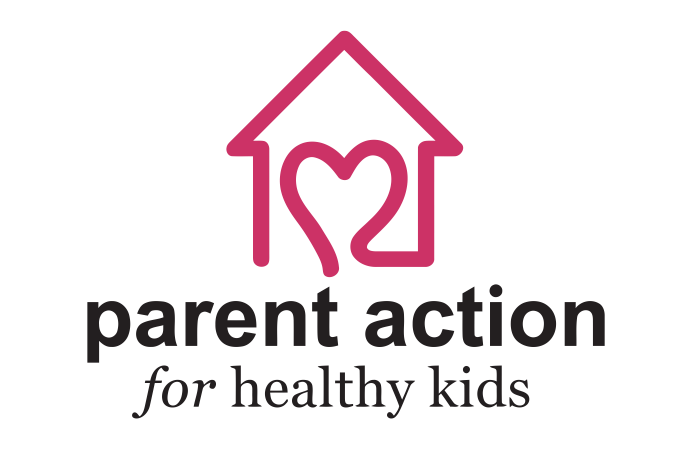In a story reported by the New York Times (5.3.2009), teens can anonymously text a sexual health question and have it answered within 24 hours. The Durham, North Carolina-based Adolescent Pregnancy Prevention Campaign of North Carolina (http://www.appcnc.org/BirdsNBees.html) recently launched the Birds and Bees Text Line, a cell phone line where youths ages 14-19 can anonymously text sexual health questions to 36263. Within 24 hours, one of nine APPNC staff members anonymously responds with text message answers, information, and referrals. The staffers have graduate degrees in public health, social work, or years of experience working with teens.
The service reflects a trend in reaching out to teens by using technologies with which they are most familiar. Based partly on a similar service in Alexandria, Va., the Birds and Bees Text Line is supported with a $5,000 state Department of Health and Human Services grant. In programs in Washington, D.C., Chicago, Toronto, and San Francisco, teens can text a number and scroll through a menu of frequently asked questions and receive automated replies and referrals. Last month, California began “HookUp 365247,” a statewide service that refers people to local clinics and offers weekly health tips.
“The technology can be used to connect young people to trusted, competent adults who have competent information,” said Sheana Bull, a professor at the University of Colorado School of Public Health and an expert on STDs and technology.
APPNC staff follow a few ground rules: No medical advice – urge clients to visit a doctor; Do not advocate abortion; When necessary, refer questioners to local clinics, Web sites or hot lines; Give reasoned, kind advice; Read answers twice before sending; and No sarcasm.
Sally Swanson, an APPNC staffer who answers text messages, never divulges her age or gender: “I’m a texter. I want them to find someone real to talk to.” Were parents to read some of the teens’ messages, she said, “it would highlight how much disconnected information kids are already getting at younger ages than we did.”


